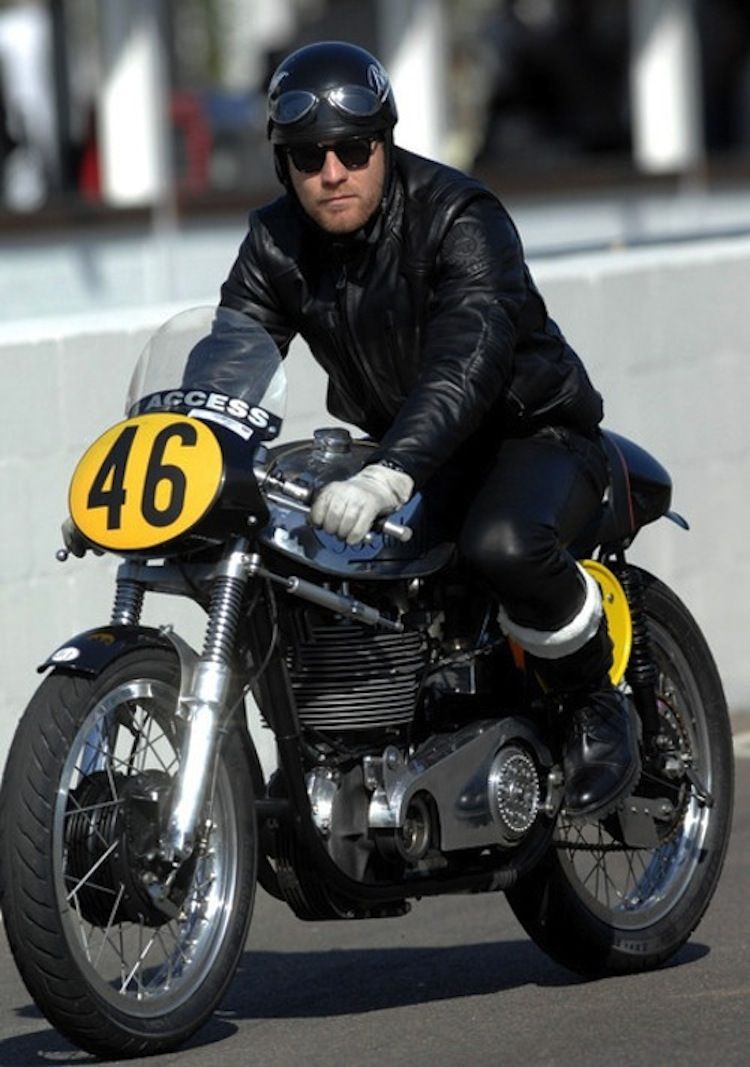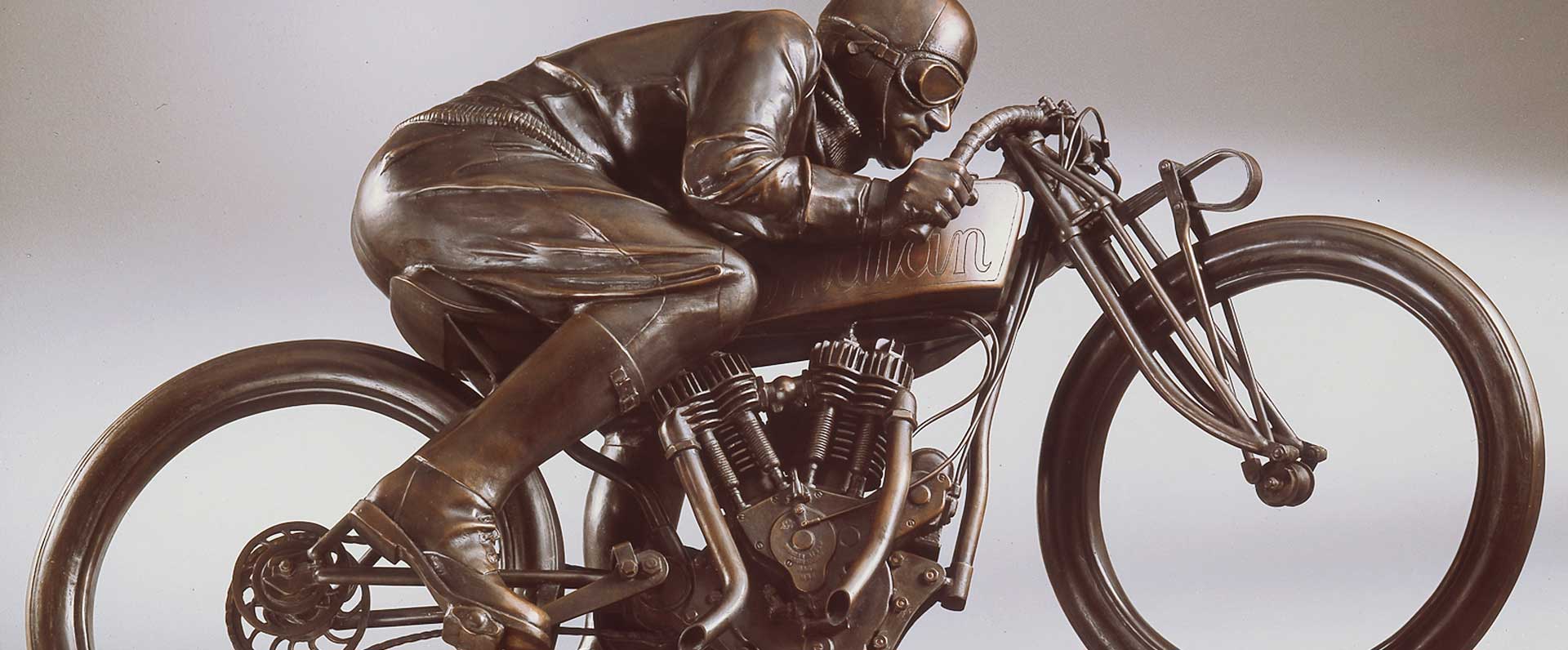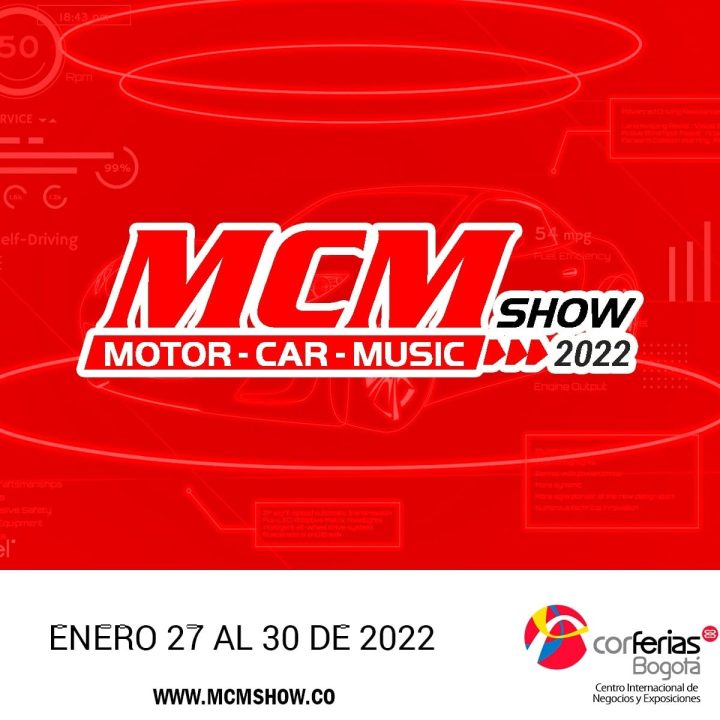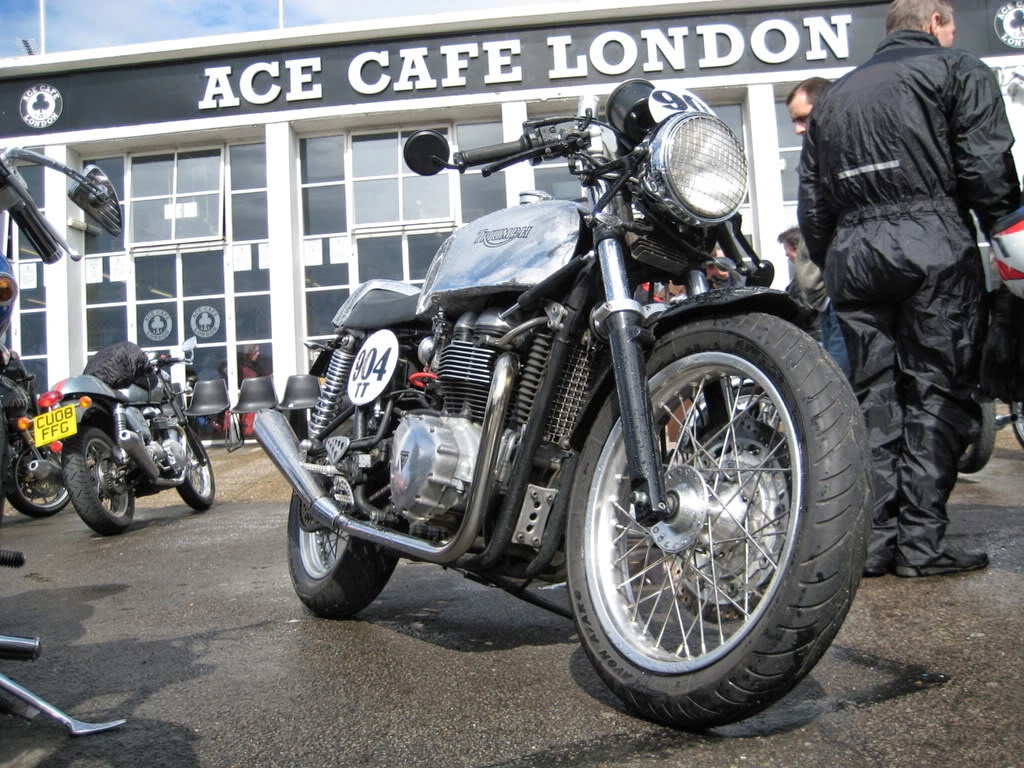
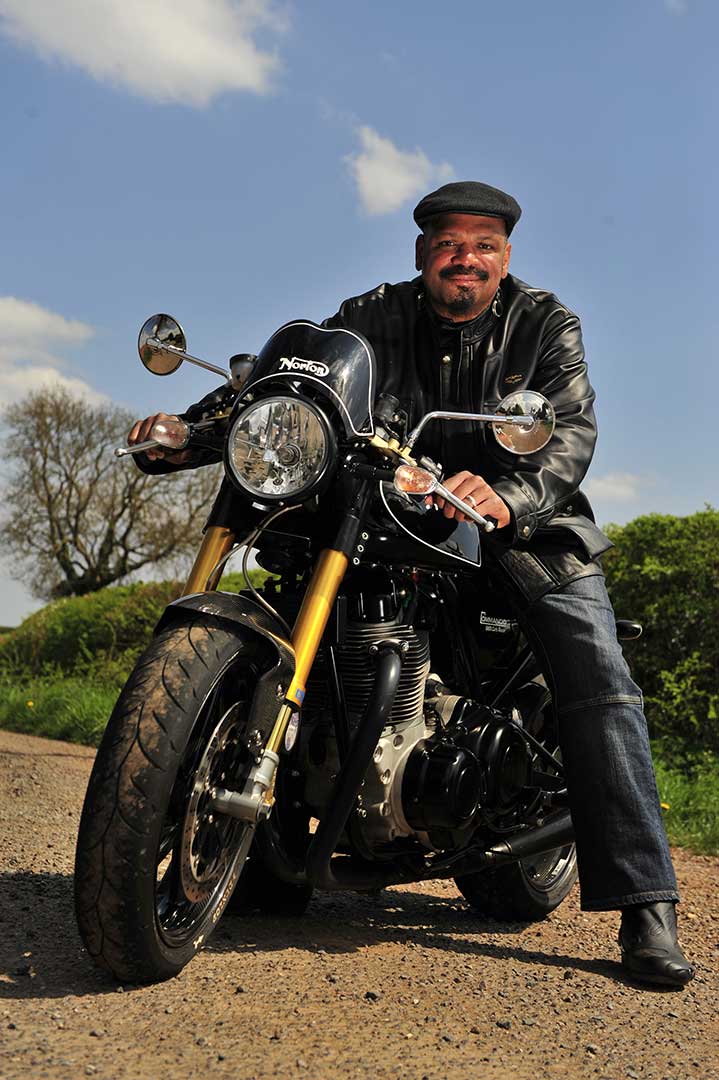
The cafe racer movement may have been born in London in the 1950s, but it has become a subculture that embraces a desire for speed, a love of rock and roll and a lasting love for a motorcycle that is being revived throughout the world. world.
The human side of the cafe racer was the perfect combination for this type of motorcycle. The bikers of these machines were young and wanted to go fast. The goal of many of the coffee runners during the 1950s was the ability to run at one hundred miles per hour, better known as “the ton.” Author and journalist Mike Seate has been following the coffee racer for two decades.
“The term cafe racer comes from what is actually a mocking term used to describe children who frequented cafes and ran fast, hanging out in transport cafes and waiting for someone else to get on a fast motorcycle and challenge them. to a race, everyone runs outside to see who was faster.
When they returned to the cafes, which were often occupied by long-distance truckers, the truckers laughed and said: “You are not a true pilot, you are not Barry Sheen, you are just a coffee racer! children thought: “Well, you’re absolutely right, I’m a cafe racer!” Then they ran to the next cafe and then to the next one, as fast as they could, and the name stayed, they hugged him despite the fact that it was a mocking term, “he said.


One of the places of birth of the coffee racer was the Ace Café of London. The Ace was one of the many cafes that provided a meeting place for teenagers and their motorcycles in the 50s and 60s. Many, like the Busy Bee and Café Rising Sun have succumbed to the wrecking ball, while others, like Jack’s Hill and Squires Coffee Bar have survived, hosting annual Ton-Up meetings every year.
Avid biker Mark Wilsmore, who reopened the Ace Café to its former glory in 1994, says that rock and roll helped ignite the subculture known as “The Cafe Racing.”
“These guys from here, they’ve been the generation (rock and roll generation) went out and bought the fastest vehicle they could afford, which was mostly motorcycles, in the United States, that was a car, and its hot culture. Rod came directly from Elvis Presley, but here we had a similar kind of thing, although everything was based on motorcycles, due to our different income levels, and the other great attraction of the coffees, I suspect diners in the United States in that moment, it was the jukebox.
Certainly in England, when rock and roll first appeared in the mid-50s, you could only listen to rock and roll on the jukebox. There were no radio stations playing, no clubs playing, so this new youth music mixed with having their own vehicles and their own identity, hey, this Ton-Up boy comes and his motorcycle, the cafe racer, was invariably “The race it would be from one cafe to another, “he said.”
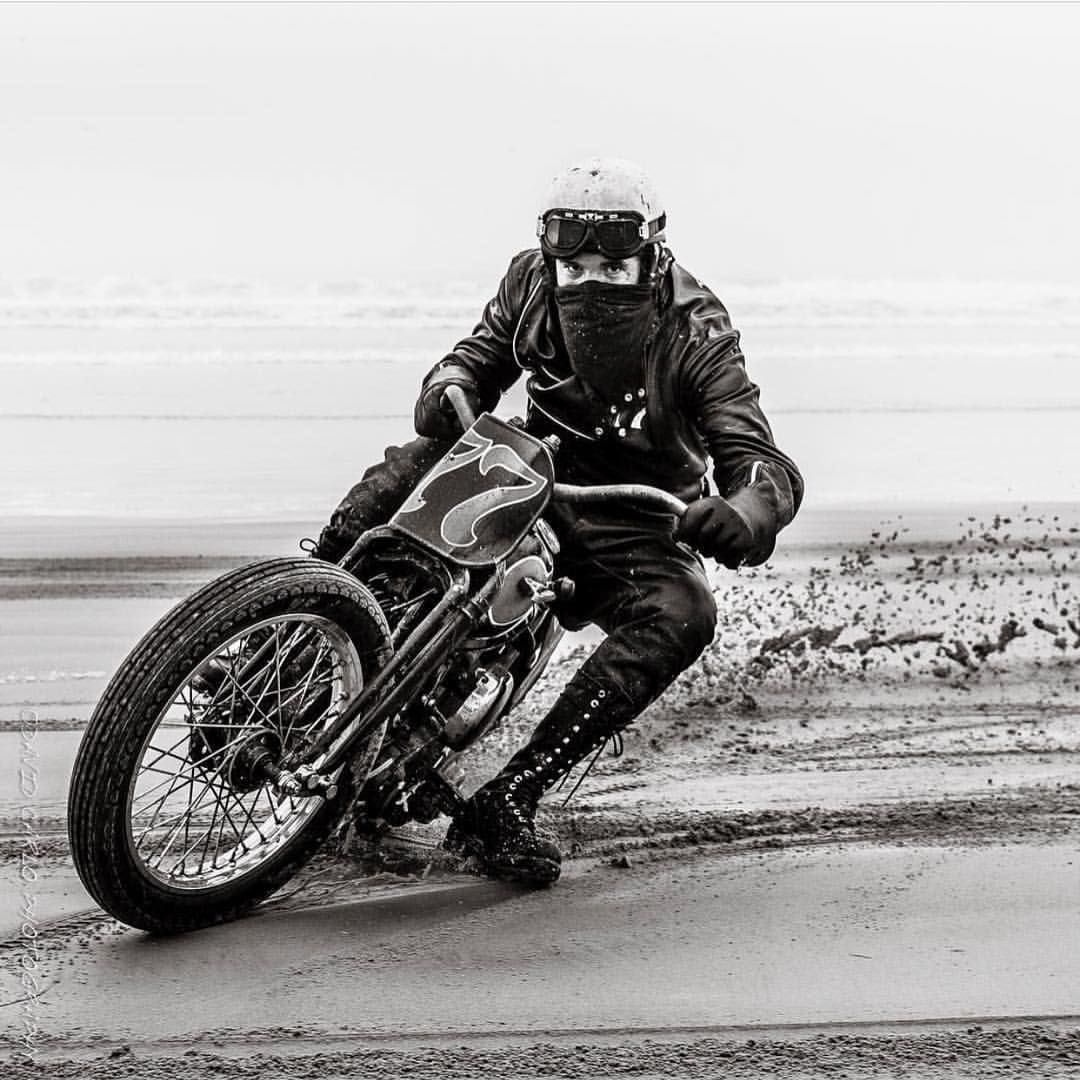

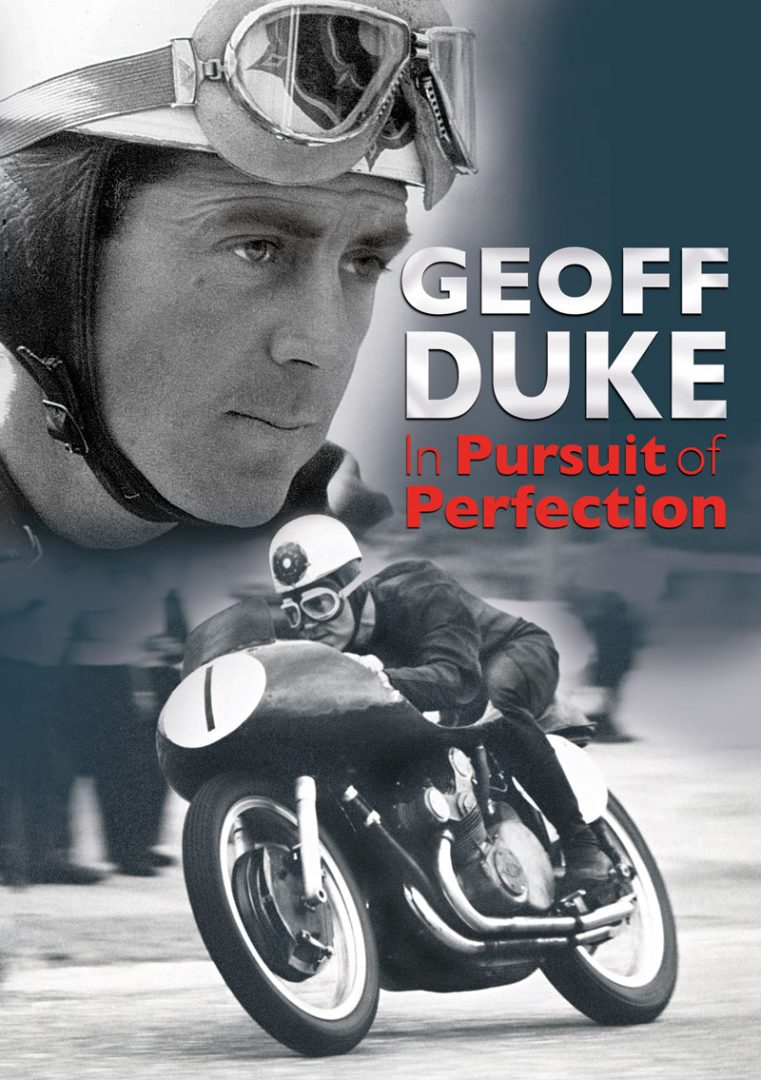
The hunger to make their usual street bikes faster and resemble machines mounted by British racing heroes, such as Mike Hailwood and Geoff Duke, was part of the cafe racer. Doing the “Ton”, or reaching one hundred miles per hour, became a badge of honor.
The bikers of those days say that the attempts to reach the “Ton” on their average 650cc bikes were, at best, a matter of luck. The pilots could be considered very, very lucky to get to it since their engines had to be well tuned, but even the best engines could overcome the thin sloping tires and the scarce mid-century design drum brakes.
The surfaces of the roads were not what they are today, from the bad lighting of the road to the grease of the axle of the cars and trucks that make every corner a deadly trap. The trial and many errors were the order of the day and the Rockers, experimenting with innumerable changes in performance, came to create motorcycles that are still respected by go-fast fans.
Brave? Crazy? Bright visionaries? Addicted to kicks? The Rockers were, and are, all of the above, so the Cafe Racer culture still lives, not just on the streets of London, all over the world. Enthusiasts of all ages rebuild custom high-performance motorcycles in their garages, machines that continue the Cafe Racer tradition.
